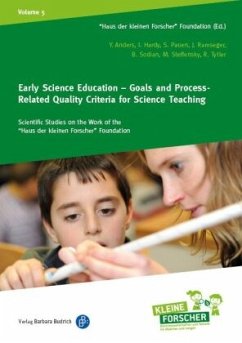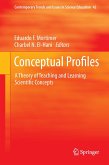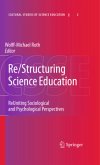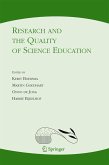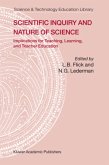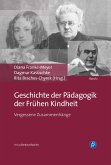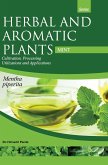Scientific contributions authored by distinguished experts from the field of early education are published periodically within the framework of the series Scientific Studies on the Work of the "Haus der kleinen Forscher" Foundation. This publication series serves to foster informed dialogue between the Foundation, scientists, and practitioners with the aim of giving all early childhood education and care centres, after-school centres, and primary schools in Germany scientifically sound support in fulfilling their early education mandate. This fifth volume in the series focuses on goals of science education at the level of the children, the early childhood professionals, and the pedagogical staff at after-school centres and primary schools, and on process-related quality criteria for science teaching at pre-primary and primary level. In their expert reports, Yvonne Anders, Ilonca Hardy, Sabina Pauen, Beate Sodian, and Mirjam Steffensky specify pedagogical content dimensions of thegoals of early science education at pre-primary and primary school age. In addition to theoretically underpinning these goals, the authors present instruments for their assessment. In his expert report, Jörg Ramseger formulates ten quality criteria for science teaching. Early childhood professionals and pedagogical staff at after-school centres and primary schools can draw on these process-related criteria when planning lessons and conducting self-evaluations of science learning opportunities at pre-primary and primary level. The concluding chapter of the volume describes the implementation of these expert recommendations in the substantive offerings of, and the accompanying research on, the "Haus der kleinen Forscher" Foundation.

